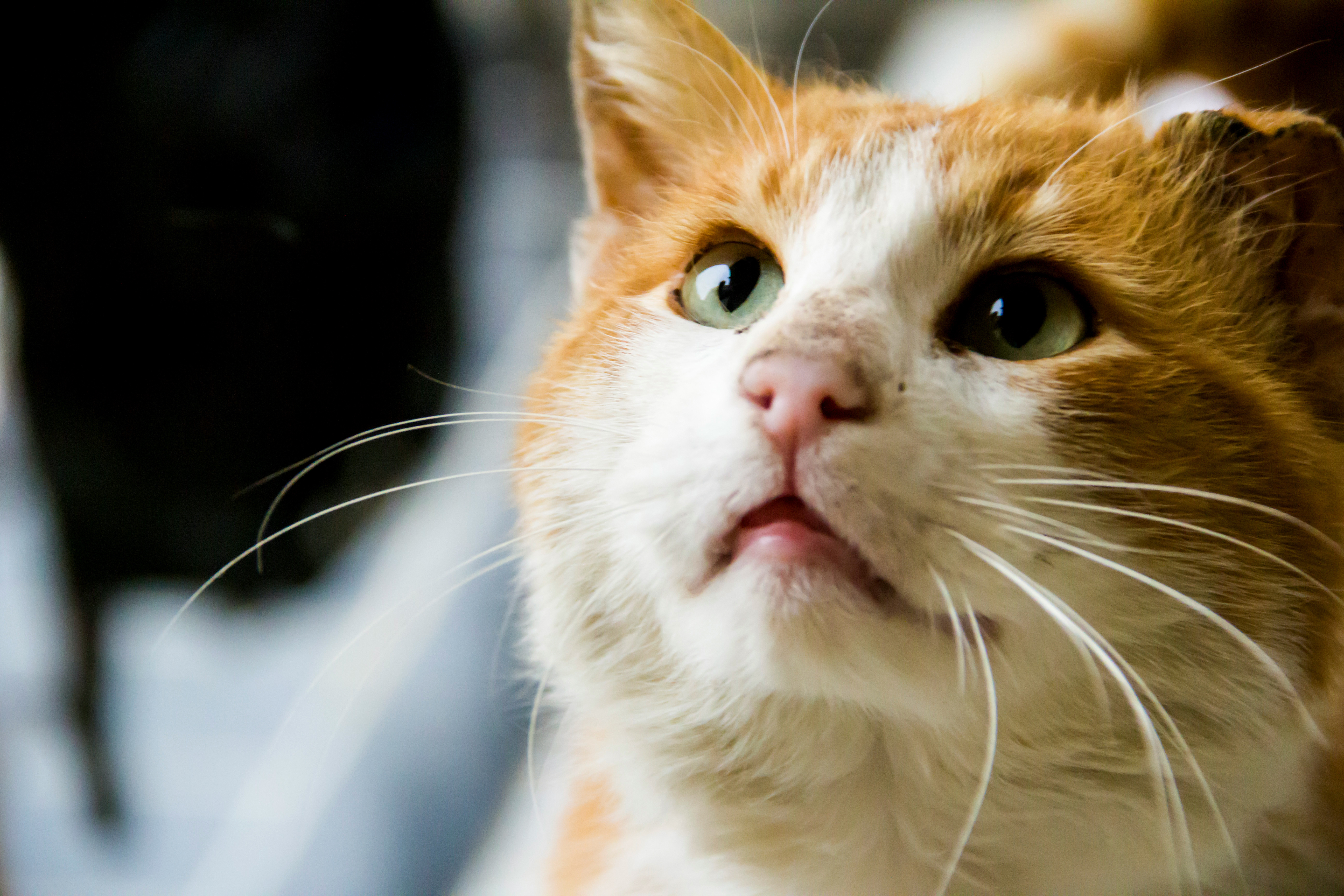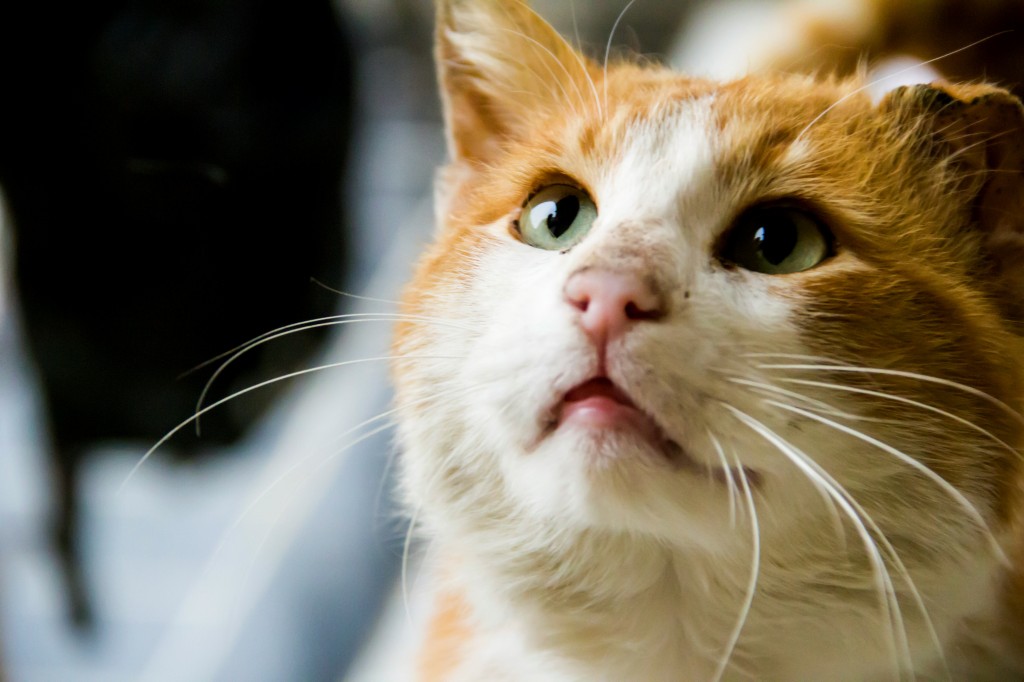Caring For Your Senior Cat

This time of year, when the leaves are falling and the earth begins to slumber, always gets me thinking about life and aging. If you’re like me, you have at least one cat over the age of ten; and if you don’t have one now, you will in the future! Cats are considered “senior” between the ages of around 10 and 14, and “geriatric” by age 15. But if you keep a few simple things in mind, your kitty can enjoy a long and healthy life!
- Take your cat to the vet for regular checkups. Older cats should visit the vet 1-2 times a year so that they can be screened and treated for age-related health issues such as hyperthyroidism, chronic kidney disease, and joint issues. Your vet will be able to help resolve health problems and/or manage pain if necessary.
- Alternatively, have the vet come to your cat! As cats age, stress gets more difficult for them to handle. Going to the vet (being packed up, driven in a car, sitting in a waiting room with barking dogs, then being handled by unfamiliar people who smell like all kinds of other animals) can be a very stressful experience leading to fear and anxiety. There are an increasing number of veterinarians who will come to your home to do a complete physical exam and collect test samples. There is likely a vet near you who will do this!
- Senior cats need mental and physical exercise. Just because they’ve slowed down doesn’t mean they can’t become bored! Keeping mind and body active can help kitties stay happy and healthy. Give your senior cat a food puzzle loaded with a favorite treat (it can be as simple as putting treats in a crumpled paper towel), or tempt her with a wand toy that you move at a speed which engages her. If your kitty likes catnip, a toy catnip mouse is fun to wrestle with. Or, give her a new box or scratching pad to explore. Anything new and interesting can help!
- Your senior/geriatric cat has special dietary needs. There’s no “one-size-fits-all” diet for older cats, but they do need high-quality, easily digestible proteins and fats. One of the most important things to remember is hydration – make sure they have plenty of water! Feed them wet food, and even add a bit of warm water to enhance the aroma. Cats with health conditions may need special diets, too; e.g., cats with kidney disease (which is fairly common in older cats), require a diet with lower phosphorus levels. Ask your vet about a diet and supplements that can help your cat add years to her life!
- Make your senior kitty comfortable. If your cat has joint issues or arthritis, perhaps a heated cat bed would be something she enjoys (I know my 17-year-old cat Jesse loves his!). Providing a warm, comfortable, safe place for your cat to snooze and nap in will make her one happy kitty!

